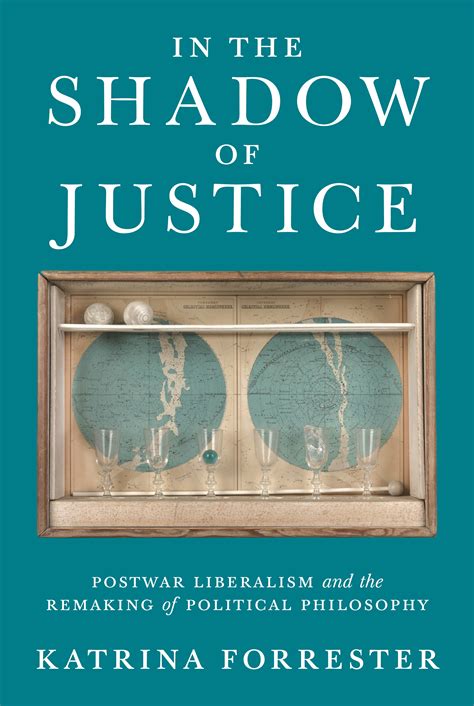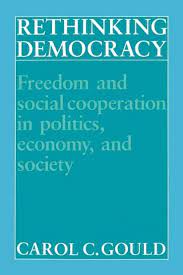Rawls, Liberalism and the long 20th Century
Katrina Forrester‘s In the Shadow of Justice: Postwar Liberalism and the Remaking of Political Philosophy is a book worthy of multiple readings. Nominally about John Rawls and the impact of his work, especially his 1971 classic, A Theory of Justice, Forrester’s book is ambitious and expansive. Forrester provides a solid and brief overview of Rawls’ life and key ideas. She follows that with an extensive, truly encyclopedic reading of political philosophers’ ideas and efforts in relation to and opposition from Rawls, really for the latter half of the twentieth century. The book is comprehensive, fair, and guided with an underlying sense of coherence that allows for reading – and understanding – a massive amount of philosophy in the context of Rawls and his thinking. In essence, In the Shadow of Justice is a course on political philosophy.
Rawls’ ideas emerged out of the horrors of WWI. The war was no abstraction for him; he served in the Pacific and saw battle. When he left the military to return to higher education, concerns about strengthening the liberal order were paramount to his priorities. Rawls worked on his ideas for decades, and as his thinking was published, he methodically responded to colleagues and critics. Through and through, Rawls was an academic who wrote, rewrote, and wrote more. His theory of justice, accordingly, shifted and expanded over time. Forrester’s tracking of this, her attention to the nuance of context, collaboration and contestation is outstanding. Reading In the Shadow is extremely educational. It is very strong intellectual history.
One key takeaway, beyond the massive material that awaits reading, rereading and consideration for this reader, is a question of who pays attention to political philosophy. Despite the widespread affirmation of much of the Rawlsean project, there seems to have been little impact on policy or politics on the part of political philosophers. Yes, there was alignment with legal studies, but when it comes to shaping political movements, parties or broad understanding of trends, there is little evidence. That is not Forrester’s primary question, but it hangs over the broader project. Why doesn’t it have greater relevance?
One reason might be that the scholars who did this work, through their their academic appointments, backgrounds or training, or some other factors, mostly avoided the public intellectual space. Liberal political philosophers seem to have engaged mostly with each other through a limited number of publications at a small number of elite institutions. They are not household names, even though there ideas undergird the liberal order. It is no small irony that broad scale liberalism, particularly when it affirmed global aspirations, is often distanced from the give and take of politics.
Forrester explores this. While her book is roughly chronological, her periodization frames debates, be it conservation and the fear of the future or the impact of the Vietnam War and what it meant to be a conscientious objector. Rawls’ justice expanded and shifted focus, accordingly, to address these and other issues. Did it lose its essence? Forrester returns to this issue several times, exploring where and how its alterations exacerbated internal tensions. Many of those tensions are with us today as many have come to question the backbone of the liberal political philosophical consensus.
I plan to return to In the Shadow. First, though, much homework awaits. There is much to read and consider. One critical question: when, where, who and why certain political philosophers have been able to move beyond academia and influence larger discussions.
David Potash

